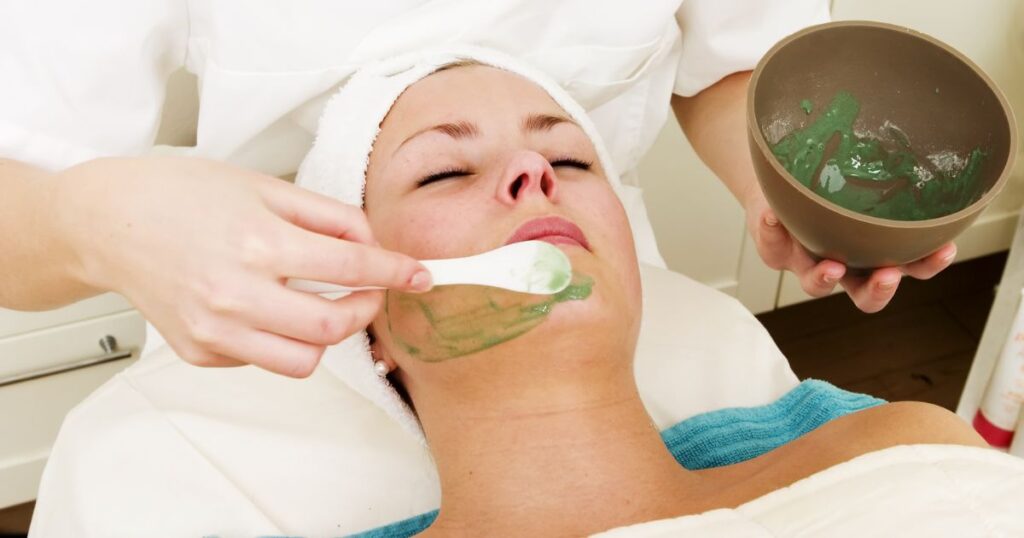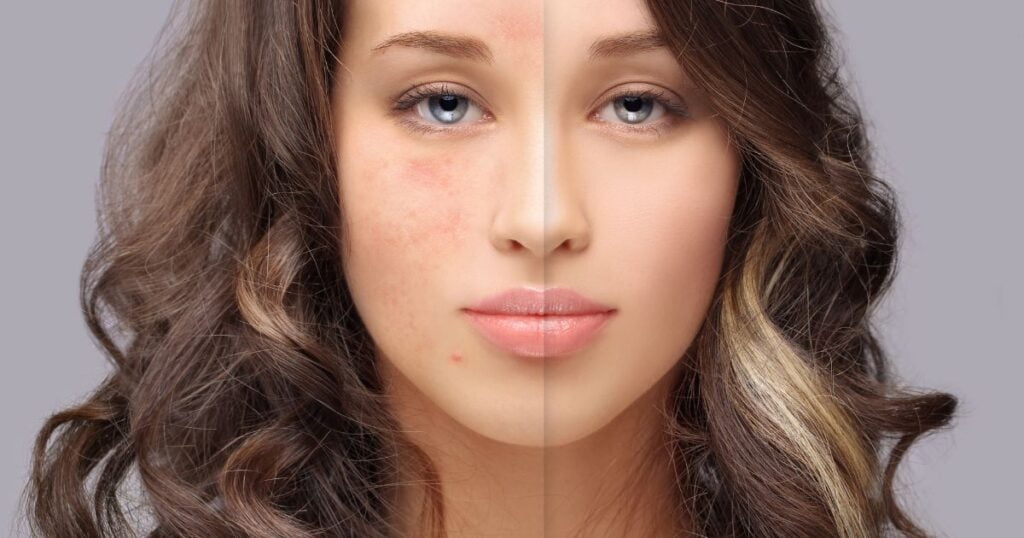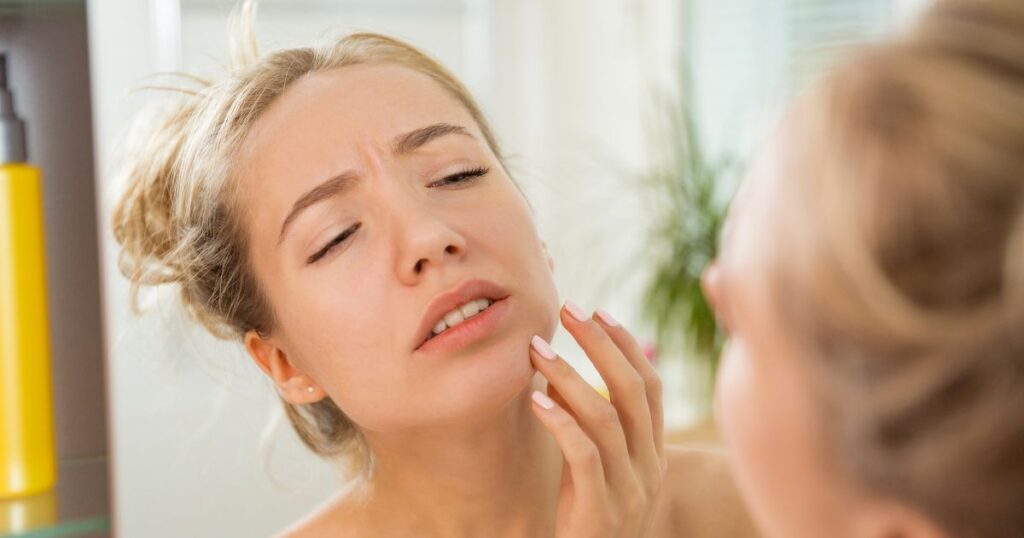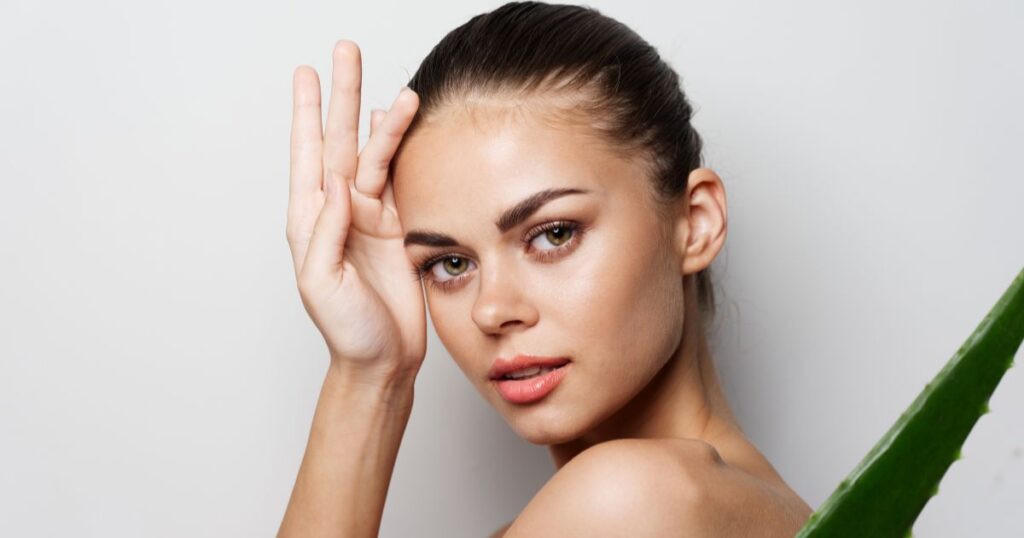Aloe Vera offers a multitude of health and skincare benefits, making it an indispensable natural remedy. As awareness of its properties grows, more people are turning to Aloe Vera to address their skin concerns naturally and effectively.
In this detailed guide, we will explore:
- Historical Significance: The ancient roots of the Aloe Vera plant across different cultures and its evolution into a modern-day beauty staple.
- Versatile Benefits: A comprehensive look at how Aloe Vera benefits the skin, supports healing, and enhances overall wellness.
- Practical Applications: From topical uses to dietary benefits, understanding the diverse ways Aloe Vera can be integrated into daily health and beauty routines.
- Home Cultivation: Tips on growing an Aloe Vera plant at home, making it a sustainable addition to your natural beauty arsenal.
Whether you’re dealing with skin issues like acne or seeking a natural moisturizer, this guide will provide insights into how Aloe Vera can be a central part of your beauty regimen. Ideal for both longtime enthusiasts and those new to clean beauty, this guide promises to unlock the full potential of Aloe Vera for everyone.
Table of Contents - Click to Go
What is Aloe Vera Good For?

Composition and Benefits:
- Antioxidant Properties: Aloe Vera gel contains powerful antioxidants belonging to a large family of substances known as polyphenols. These antioxidants help combat free radicals, which are unstable compounds that contribute to aging and chronic diseases.
- Antibacterial Benefits: Topical aloe vera gel also has antibacterial characteristics, making it effective against several common bacteria. This is particularly beneficial for skin health, helping to reduce skin infections and alleviate acne.
Versatility in Application:
- Treating Sunburns: Topical Aloe Vera gel is best known for its cooling and soothing properties, making it an excellent remedy for sunburns. The gel helps restore your skin’s moisture barrier and accelerates healing.
- Enhancing Skin Health: Regular use of Aloe Vera can improve skin elasticity and help prevent wrinkles. It hydrates without feeling greasy, making it suitable for all skin types.
- Beyond Skin Care: Its benefits are not limited to skin health; Aloe Vera is also beneficial for scalp health, aiding in treating dandruff and itchy scalp.
Clean Beauty Angle:
Aloe Vera stands out in the clean beauty industry as a natural, chemical-free alternative for maintaining skin health. It’s gentle on the skin and supports the skin’s natural barrier, enhancing its ability to fend off pollutants and other environmental stressors.
Incorporating Aloe Vera into your daily skincare routine can rejuvenate your skin naturally, promoting a healthier, more vibrant complexion. Whether used as a moisturizer, toner, or mask, the Aloe plant can be a pivotal part of your skin care regimen, proving that sometimes, the best solutions are the simplest ones.
Does Aloe Vera Clear Pimples?

Aloe Vera is celebrated not only for its soothing properties but also for its efficacy in combating acne—a common skin concern. Its ability to clear pimples stems primarily from its composition, which boasts both antioxidant and antibacterial properties. Here’s how Aloe Vera tackles acne:
Antioxidant and Antibacterial Properties:
- Targets Bacteria: The antibacterial properties help target the bacteria that cause acne. By reducing bacterial growth, Aloe Vera minimizes acne outbreaks.
- Reduces Inflammation: The antioxidants in Aloe Vera help soothe inflamed skin and reduce redness, which is particularly beneficial for acne-prone skin types.
Incorporating Aloe Vera into Skincare Routines:
To effectively incorporate Aloe Vera into your skincare routine for acne treatment, consider the following tips:
- As a Spot Treatment: Apply Aloe Vera gel directly to the pimple and let it sit overnight. Its gentle formula helps reduce inflammation and redness without harsh side effects.
- Daily Cleanser: Use a cleanser that contains Aloe Vera to harness its antibacterial properties daily, preventing future breakouts.
It’s natural antibacterial and anti-inflammatory properties make it an excellent choice for those looking to clear pimples and maintain clear, healthy skin through gentle and effective means.
Can You Leave Aloe Vera on Your Face Overnight?
Leaving Aloe Vera on your face overnight is a popular skincare practice, valued for its profound benefits on skin health. This method leverages the plant’s soothing, moisturizing, and healing properties to enhance skin appearance while you sleep.
Benefits of Overnight Aloe Vera Application:
- Deep Hydration: Aloe Vera provides deep hydration to the skin, which is especially beneficial in repairing dry skin and maintaining smoothness and elasticity.
- Soothing Effect: Its cooling properties help soothe inflammation and irritation, which can be particularly beneficial after sun exposure or skin treatments.
- Enhanced Healing: The regenerative properties of Aloe Vera help speed up the skin’s natural healing process, making it effective for reducing the appearance of scars and blemishes.
Choosing the Right Aloe Vera Products for Overnight Use:
- Purity is Key: Opt for 100% pure Aloe Vera gel without added fragrances or alcohol, which can irritate the skin, especially during prolonged exposure.
- Non-comedogenic Formulations: Ensure the product is labeled non-comedogenic, meaning it won’t clog pores, a crucial factor to consider when leaving any product on your face overnight.
Clean Beauty Angle:
- Natural Skin Care: By choosing to use pure Aloe Vera gel overnight, you embrace a natural skincare routine free from harsh chemicals and synthetic additives.
- Supporting Skin Health: Overnight use of Aloe Vera aligns with clean beauty principles by supporting the skin’s natural barrier function and providing essential nutrients without compromising skin health.
To incorporate Aloe Vera into your overnight beauty regime, simply apply a thin layer of the gel on a clean face before bed. It’s light enough to wear under your moisturizer and effective on its own, making it a versatile addition to your skincare routine.
What are the Side Effects of Aloe Vera?

While Aloe Vera is widely recognized for its skin benefits, it’s important to acknowledge that, like any natural product, it may cause side effects in some individuals. Understanding these potential risks and how to mitigate them is crucial for safe and effective use.
Potential Topical Side Effects:
- Skin Irritation: Some individuals may experience redness, itching, or burning sensations, particularly those with sensitive skin.
- Allergic Reactions: Although rare, some people might develop an allergic reaction to Aloe Vera, which could manifest as dermatitis or hives.
Oral Side Effects:
- Digestive Issues: Consuming oral Aloe Vera gel or drinking Aloe Vera juice or Aloe Vera mouthwash can sometimes lead to gastrointestinal discomfort, such as cramps, diarrhea, or constipation.
- Drug Interactions: Aloe Vera might interact with certain medications, particularly diuretics, laxatives, and diabetes drugs, affecting their efficacy.
Guidelines for Safe Use:
- Patch Test: Always perform a patch test before incorporating a new Aloe Vera product into your routine. Apply a small amount on your forearm and wait 24-48 hours to observe any adverse reactions.
- Moderation is Key: Use Aloe Vera products in moderation. Overuse, including oral use of aloe, can increase the likelihood of developing sensitivity or irritation.
- Consult Your Doctor: If you plan to take Aloe Vera orally, especially if you have underlying health conditions or are on medication, consult your healthcare provider first.
Clean Beauty Benefits of Aloe Vera
Aloe Vera is a cornerstone of the clean beauty movement, treasured for its gentle effectiveness and versatility in skincare. Its benefits extend beyond basic hydration, touching on several aspects of skin health and beauty.
Comprehensive Skin Benefits:
- Moisturizing: Aloe Vera deeply hydrates the skin without leaving a greasy residue, making it perfect for all skin types, including oily and acne-prone skin.
- Soothing Irritations: Its anti-inflammatory properties help soothe skin irritations, including those from sunburns or minor rashes.
- Fading Dark Spots: With consistent use, Aloe Vera can help reduce the appearance of dark spots and skin unevenness, contributing to a clearer complexion.
- Healing Acne: The antibacterial properties of Aloe Vera make it effective in treating acne lesions and preventing future breakouts.
- Anti-Aging Effects: Rich in vitamins C and E as well as beta-carotene, Aloe Vera has anti-aging properties, promoting increased collagen production and skin elasticity.
Clean Beauty Integration:
- Natural Ingredient Synergy: Aloe Vera works well when combined with other natural ingredients like honey, turmeric, and tea tree oil, enhancing its effects and benefiting from synergistic interactions.
- Eco-Friendly: As a plant-based ingredient, Aloe Vera supports sustainable beauty practices, aligning with the goals of reducing chemical use and promoting environmental responsibility.
In the realm of clean beauty, Aloe Vera not only provides direct benefits to the skin but also supports a broader commitment to health and sustainability. Its inclusion in skincare routines is endorsed by both its long history of use and contemporary scientific backing, making it a trusted choice for natural beauty enthusiasts.
Does Aloe Vera Protect You from Ultraviolet (UV) Irradiation?
Aloe Vera is widely appreciated for its skin-soothing properties, particularly after sun exposure. However, it’s important to clarify its role in relation to UV protection. While Aloe Vera does not replace sunscreen, it can play a supportive role in the overall protection and repair of skin exposed to UV rays.
Understanding Aloe Vera’s Role in UV Protection:
- Soothing Post-Exposure: Aloe Vera is best known for its ability to soothe and heal the skin after UV exposure. Applying Aloe Vera gel can help reduce redness and inflammation caused by sunburn.
- Antioxidant Properties: Aloe Vera contains antioxidants such as vitamins C and E, which can help fight the free radicals generated by UV exposure. These antioxidants aid in the repair of damaged skin but do not prevent UV damage directly.
- Hydration: By providing essential moisture to sun-exposed skin, Aloe Vera helps prevent peeling and maintains skin integrity, which can be compromised after prolonged UV exposure.
Key Points to Consider:
- Not a Substitute for Sunscreen: Aloe Vera does not contain any SPF value and should not be used as a substitute for sunscreen. For effective UV protection, use a broad-spectrum sunscreen with an appropriate SPF, and consider Aloe Vera as a complementary skin care treatment to help heal and soothe the skin post-exposure.
- Application Tips: For best results, apply Aloe Vera gel immediately after sun exposure to cool down the skin and provide moisture. This can help alleviate discomfort and accelerate the healing process.
Embrace the Health Benefits of Aloe Vera

Aloe Vera’s remarkable versatility and efficacy make it a valuable addition to any skincare routine, supporting skin health naturally and effectively. Incorporating Aloe Vera into your skincare practices not only promotes a healthier complexion but also aligns with clean beauty values—favoring natural, sustainable approaches over synthetic alternatives.
Aloe Vera not just as a product, but as a holistic part of a health-focused beauty regimen. Choose your Aloe Vera products wisely, ensuring they are as pure and natural as possible, to truly benefit from this miraculous plant.

